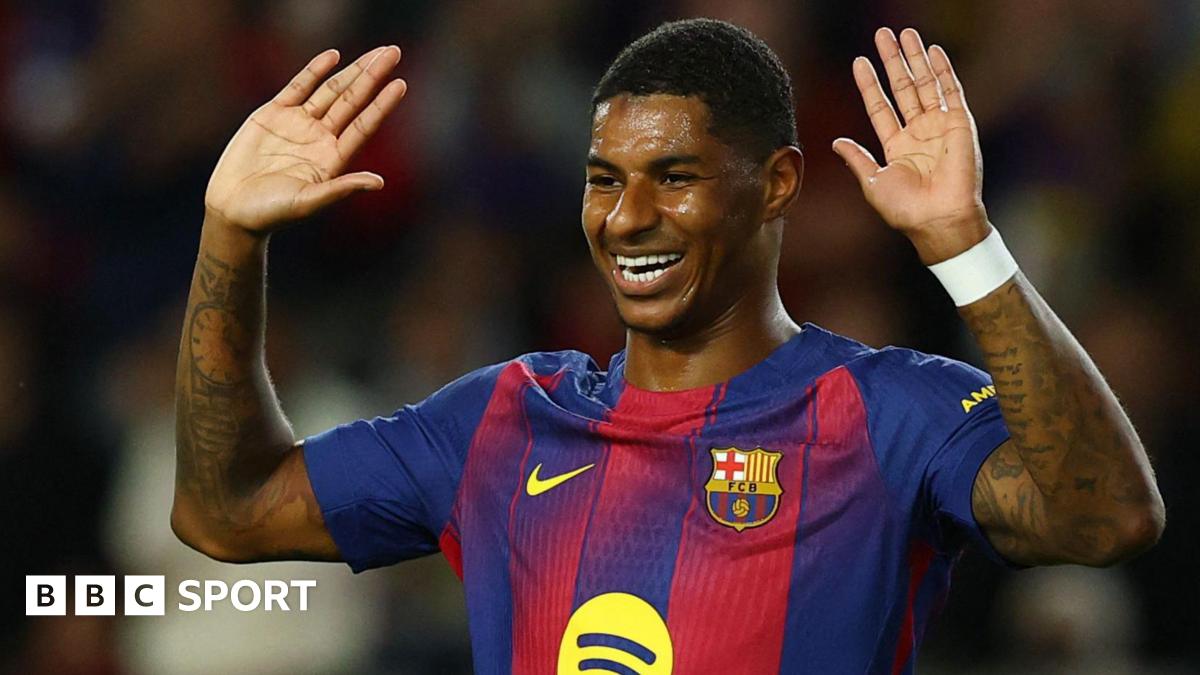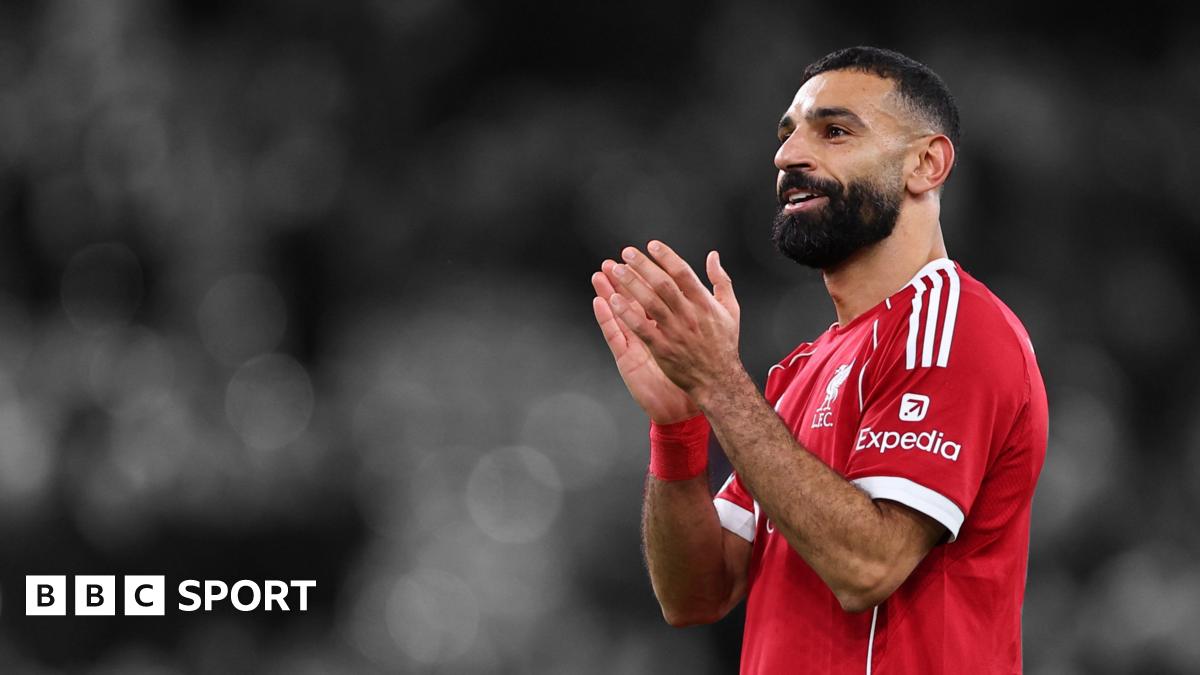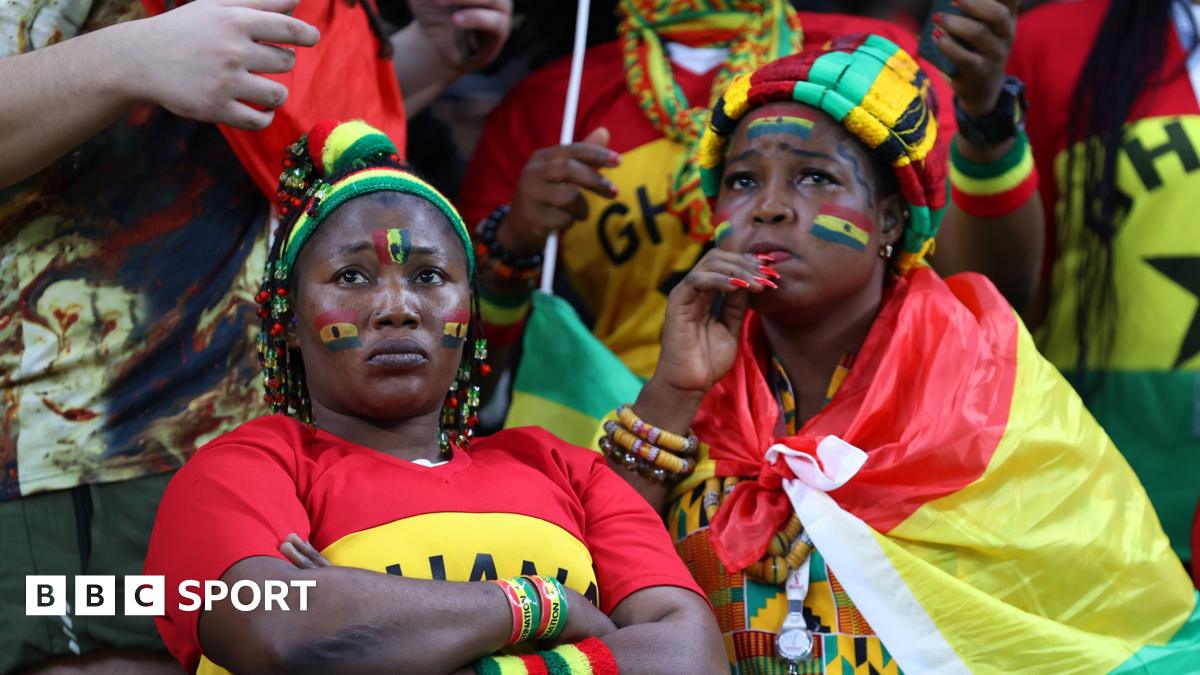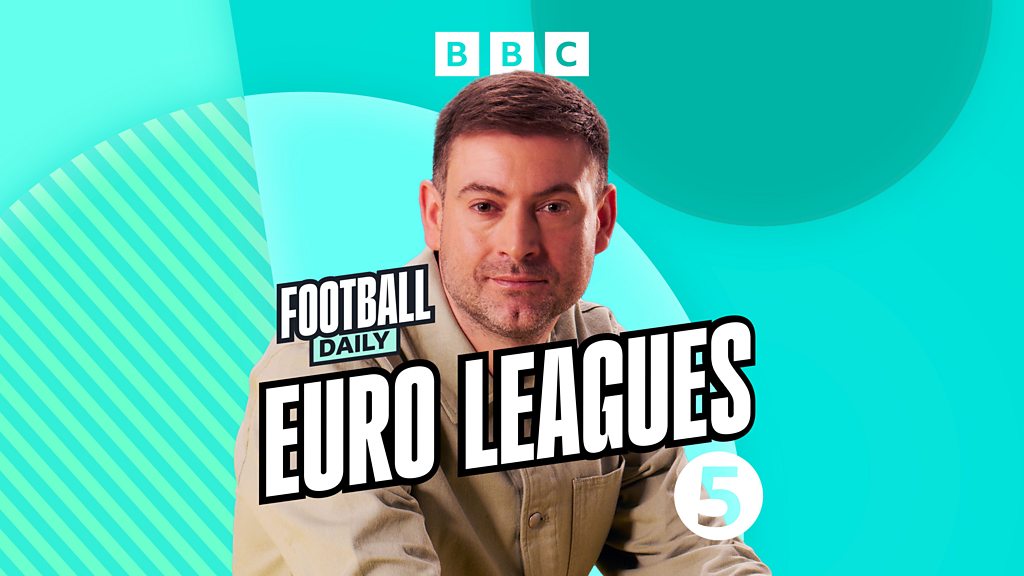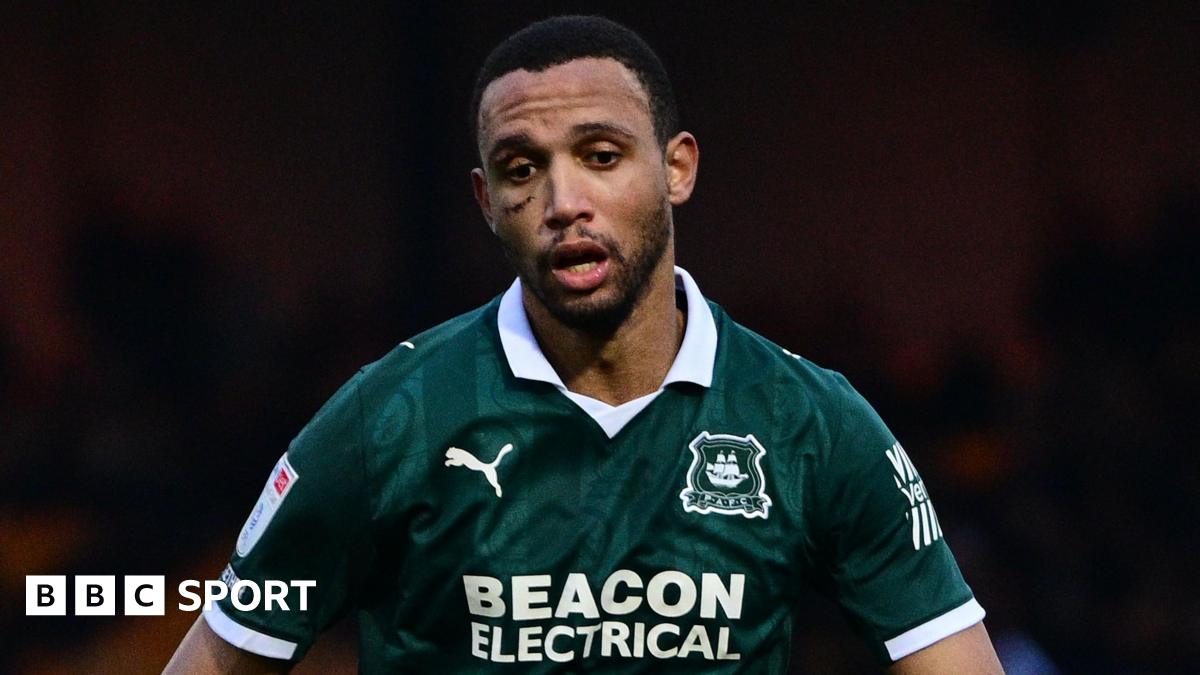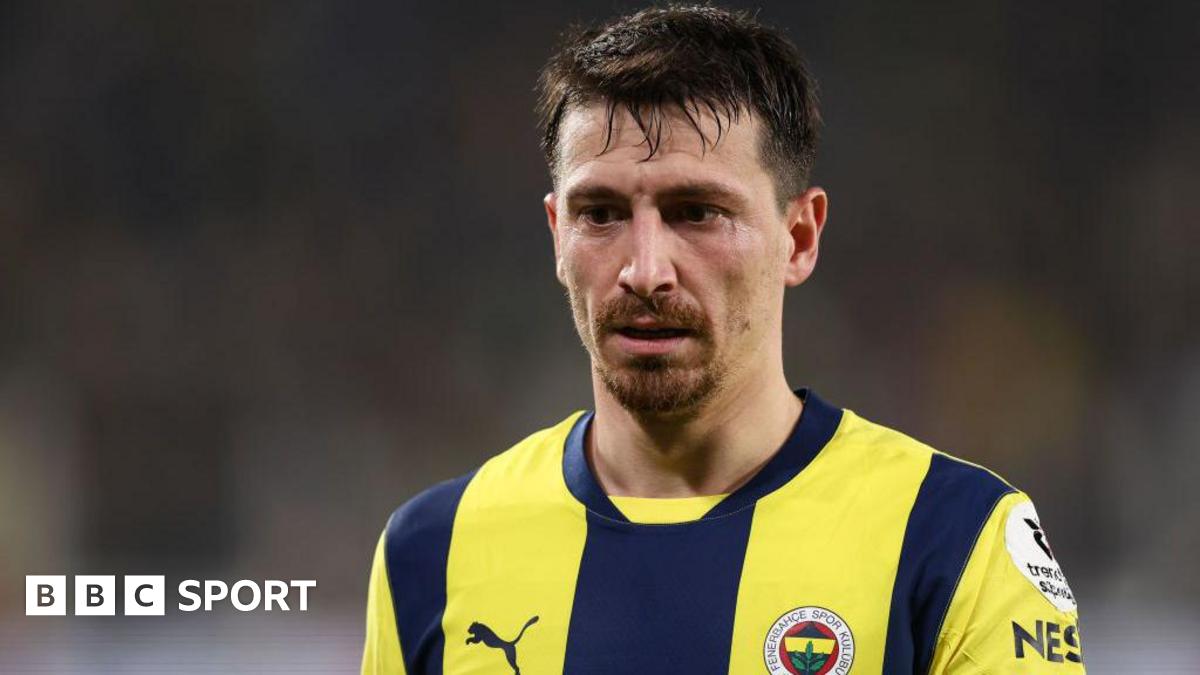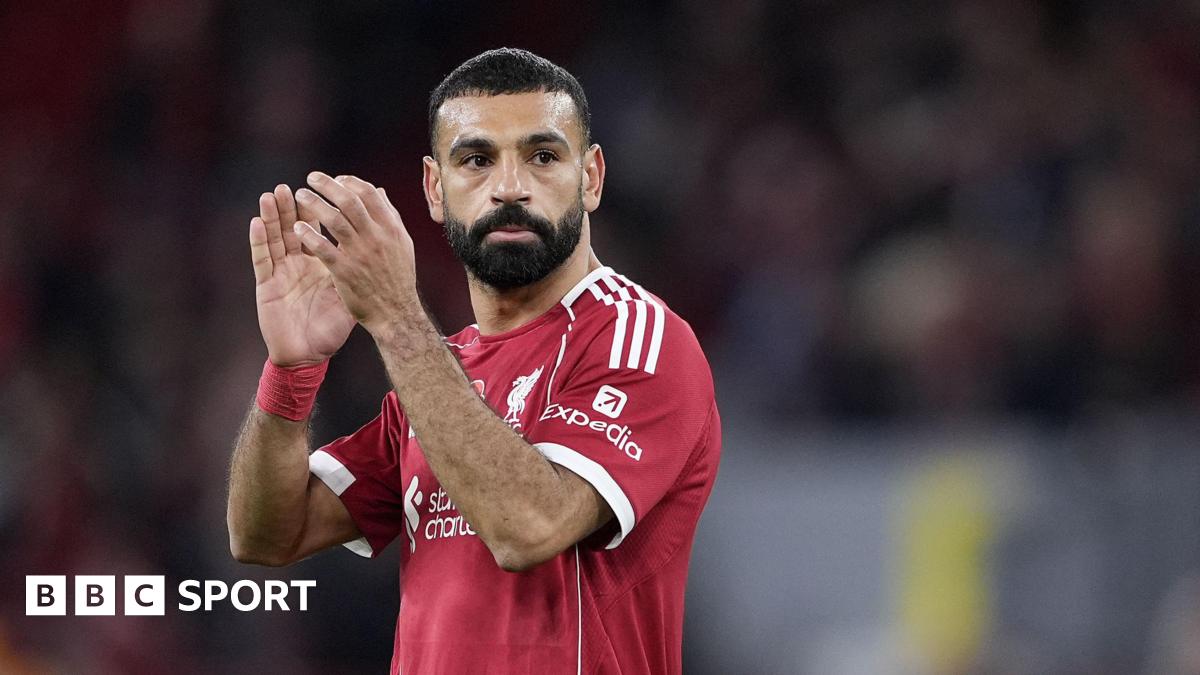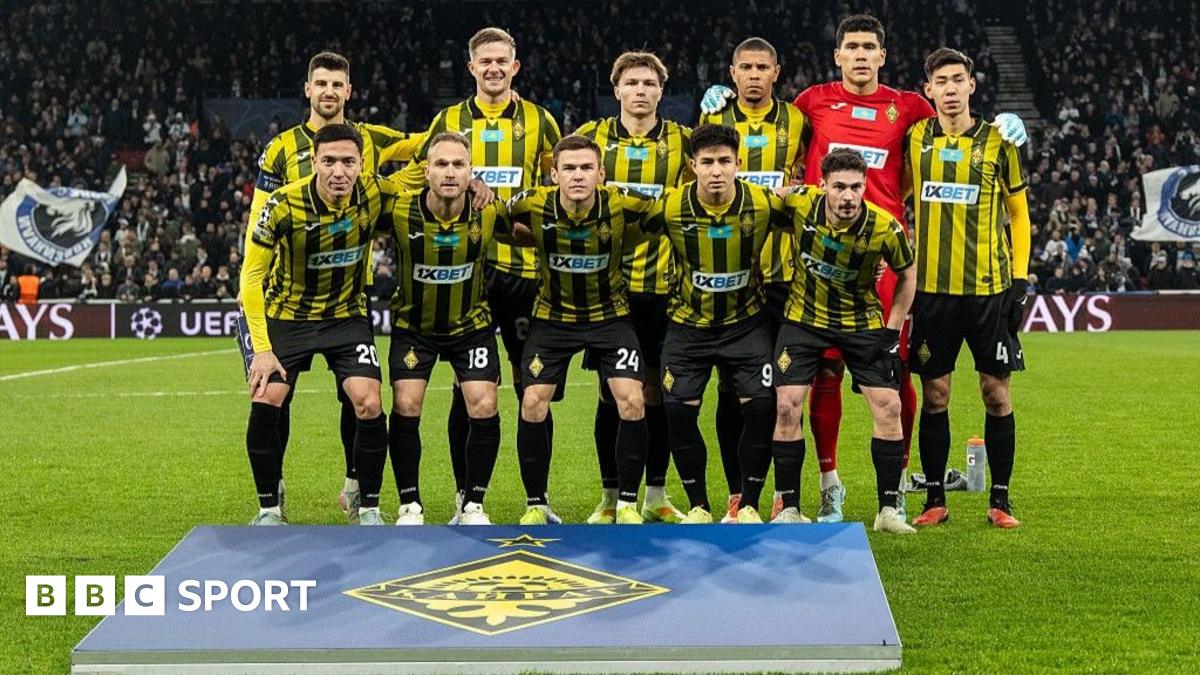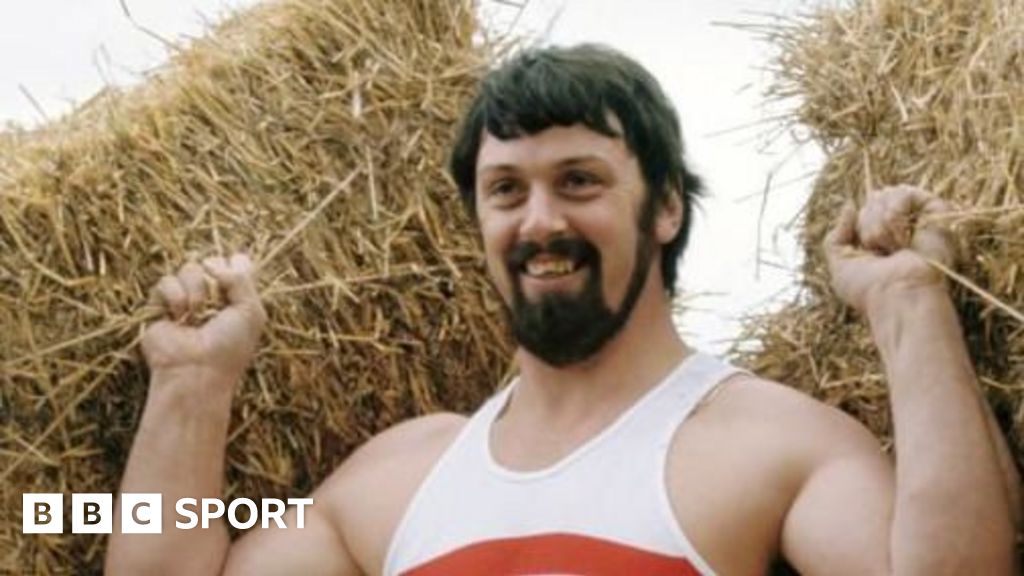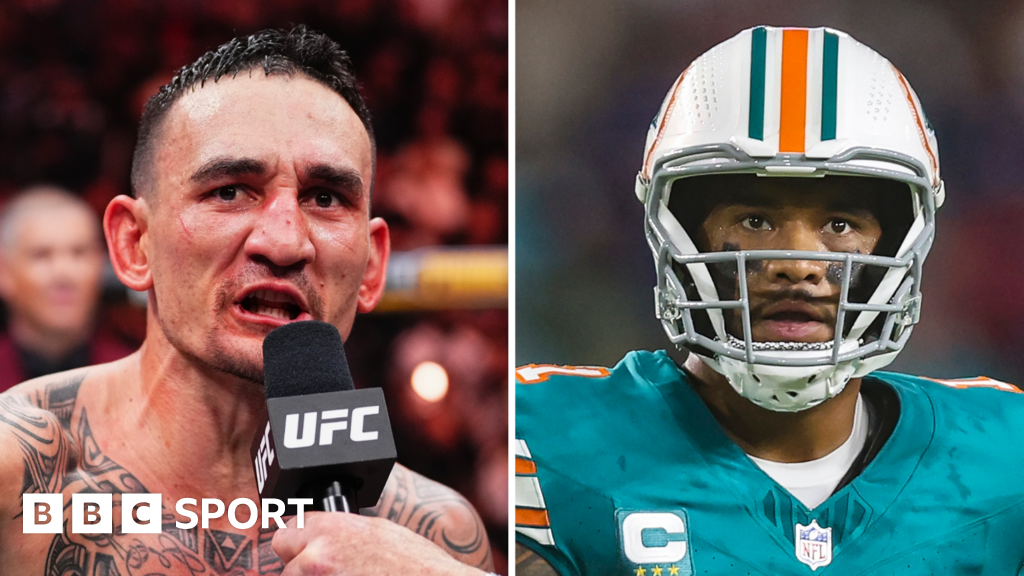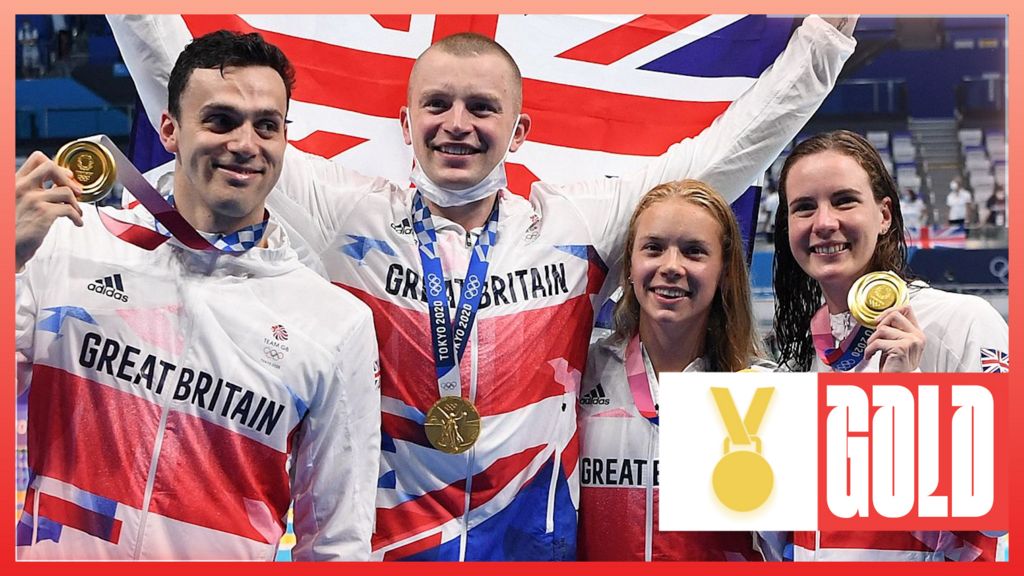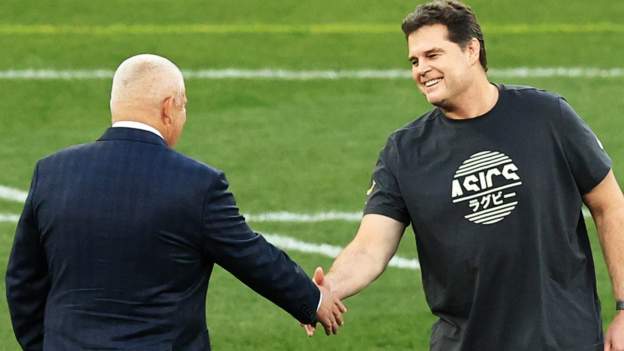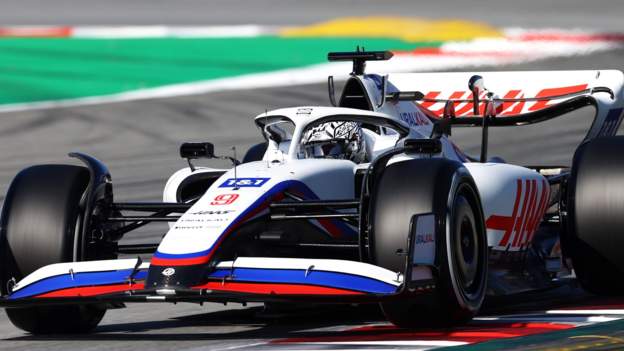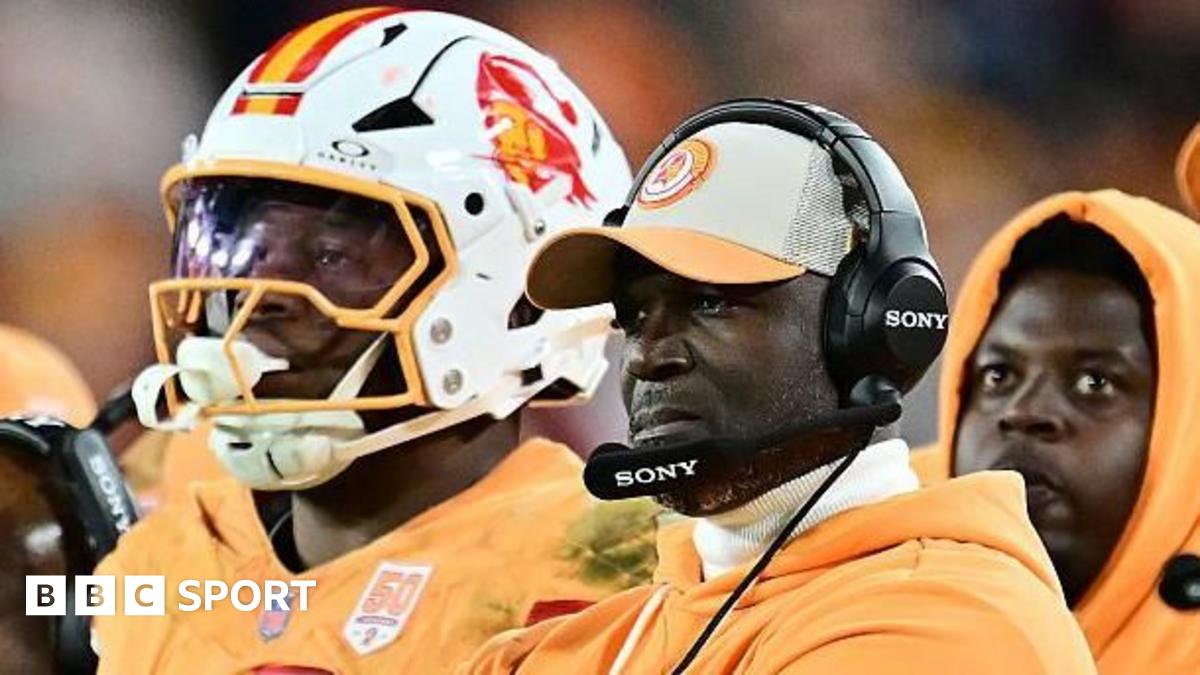According to the Geoff Capes Foundation website, Capes was 6ft 5.5in tall and weighed 170kg in his physical prime.
Following his retirement from competition Capes took up coaching and helped many aspiring athletes, as well as appearing on two reality television shows.
Britain’s Carl Myerscough threw longer than Capes’ shot put record with a distance of 21.92m in Sacramento, United States, but that 2003 result was not ratified.
In later life, Capes lived in the Lincolnshire village of Stoke Rochford. He had two children as well as grandchildren.
Capes served as a policeman for 10 years in Cambridgeshire, earning £9.50 a week.
He resigned before the 1980 Olympics in Moscow after “political pressure” to boycott the Games following Russia’s invasion of Afghanistan.
“Russia invaded Afghanistan, and Margaret Thatcher banned all the services from going – army and police – because they paid their wages,” Capes told the told the Telegraph, external last year.
“So I resigned from the police just before the Olympics. I lost my career, lost my pension, lost my income. They had total control over you.”
Capes was famously a budgerigar enthusiast and in 2008 he served a year as president of the Budgerigar Society.
In a statement following news of his death, British Athletics said: “British Athletics are saddened to hear the news of former British shot putter, Geoff Capes’ passing.
“Our condolences go out to his family and friends at this time.”
Team GB said it is “deeply saddened” by Capes’ passing.
Tessa Sanderson, the Olympic javelin champion in 1984, said Capes was a “great person and a giant of an athlete”, while reigning British shot put champion Scott Lincoln said he was the man who put the sport “on the map in the UK”.
He added on Instagram: “An icon, hero, legend, role model, friend and all round good guy. Will be sorely missed by not only me but so many around the athletics community.”
World Athletics president Lord Coe said: “Geoff’s passing is a sad moment for so many of us in both British and global athletics.
“He was a huge figure in British athletics and brought the crowds back to our sport. Fiercely independent, competitive, but always protective of the teams that he captained with distinction.”

